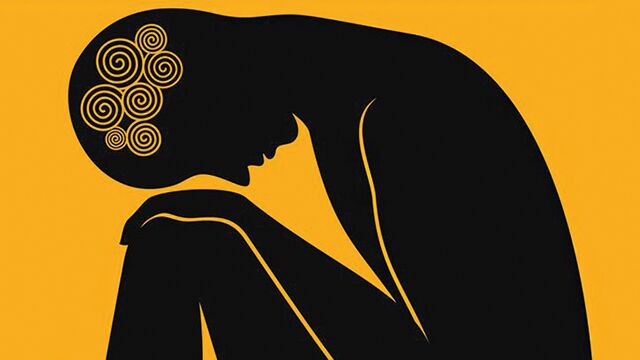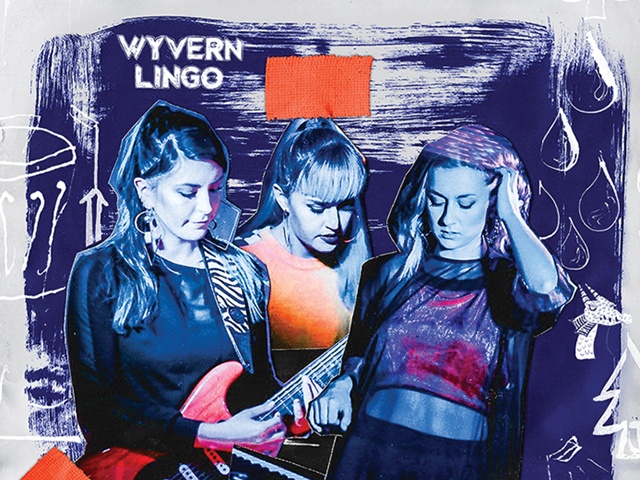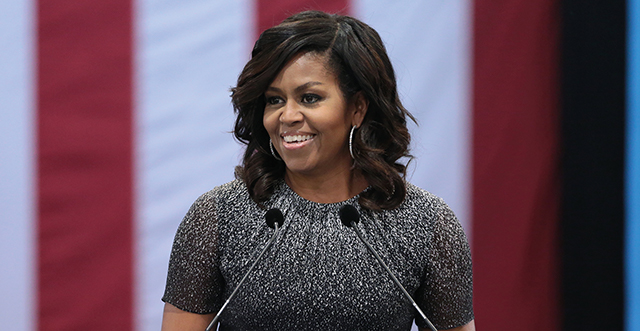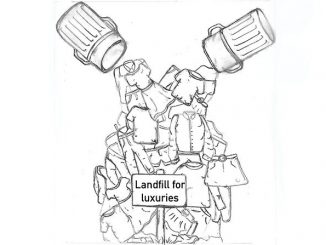
[dropcap]A[/dropcap]nxiety is an issue that plagues much of today’s youth. Over the last decade, anxiety has overtaken depression as the most common reason young people seek counselling.
The American College Health Association reported that those reporting having overwhelming anxiety rose from 50 per cent in 2011, to 62 per cent in 2016. The World Health Organisation ranks anxiety as the sixth largest contributor to disability worldwide.
How does one combat this?
Supplements can be useful. Cannabidiol, or CBD, has become a popular choice for those seeking to ease their anxieties. While the typical pharmaceutical drugs, such as benzodiazepines, have the potential to afflict the user with unsavoury side effects, and are addictive, CBD oil appears to be free of these consequences.
CBD is one of the chemicals present in marijuana. It’s not the psychoactive one, that’s THC, rather it’s the chemical that tends to chill people out. While the research is still fresh, the results seem promising thus far. One study gave 24 people with social anxiety disorder either 600 mg of CBD or a placebo before a public speaking test.
Those that took the CBD had significantly less anxiety, cognitive impairment and discomfort in their speech performance, in comparison to those who received the placebo. CBD has also been shown to be an effective treatment for children with anxiety. Animal testing has proven its antidepressant effects too.
Overall, CBD appears to be an effective alternative to prescription, pharmaceutical anti-anxiety medications. However, it is expensive in Ireland, standing at an average of €60 for a rather small bottle in the pharmacy. There are other over-the-counter products such as ‘Kalms’ that claim to have relaxing properties, but their effects are substantially less than that of CBD.
This discussion poses a rather interesting philosophical question. Should anxiety be treated with medication? The answer is complicated. Of course, medication is a reasonable solution. However, perhaps a better solution lies within the field of psychology, specifically, depth psychology.
The problem with medication, as far as I can tell, is that it is an avoidance-based tactic. It doesn’t address the issue, but merely suppresses it. The clinical literature on anxiety doesn’t suggest that people should avoid that which makes them anxious. It doesn’t suggest that people become less afraid when dealing with anxiety. It suggests that people get braver.
Addressing anxiety is an incredibly difficult thing to do. However, a metaphysical approach can be rather illuminating when discussing anxiety. Think of anxiety as chaos and think of chaos as when you are in a situation where what you do does not produce the results you want.
A common example may be this; you decide to go out with your friends for a few drinks. You have a few pints in the pub. You get drunker than anticipated. You decide to go the club. You pay into the club and buy more drink. You get drunker. Afterwards, you get food and pay for a taxi home.
You arise the next morning with a severe hangover. You try to think of how much money you spent but can’t remember. You know it was more than you budgeted for. You need to know how much you have, but you can’t bring yourself to check your bank balance.
In this scenario, your bank balance has become a manifestation of chaos. You avoid checking it because if you do, you will have to confront the consequences of your actions. However, if you ignore it, it will continue to gnaw at your psyche. In essence, you are relinquishing your control to chaos.
In this example, the solution seems simple, but often isn’t. Check your balance, own up to your mistake and figure out a path forward. Ideally, you may realise you should ease off on the drinking. However, that’s easier said than done, especially in college, where drink culture is prevalent.
This exemplifies the point; dealing with anxiety is not easy, but it is possible. The person who chooses to voluntarily confront what makes them anxious exhibits what depth psychology refers to as an ‘internal locus of control’. This is the belief that the individual has the power to influence what happens to them.
The internal locus of control is associated with less stress and better health. The psychophysiological literature aligns with this idea. It shows that when exposing two groups of people to a stressor, the group that confronts it voluntarily activates a completely different neurological circuit.
Confronting your anxieties involuntarily activates the system associated with defensive aggression and withdrawal. This stress circuit releases both cortisol, a stress hormone, and adrenaline, the flight-or-fight chemical. The activation of this system is resource consuming, and can be detrimental to one’s mental health.
However, if you confront your anxieties voluntarily, a whole other circuit is activated, one that is associated with approach and challenge. When you confront your fears voluntarily, your brain begins to produce new proteins, unlocking within you the potential to be stronger.
The idea of confronting the unknown and fearful is not just a psychological idea, it is an ancient, mythic idea. The Hero’s Myth is the individual who voluntarily confronts chaos and creates order from the pieces. Confront what makes you afraid, break it down into manageable steps and solve the problem.
“We each have an appointment with ourselves, though most of us never show up for it. Showing up and dealing with whatever must be faced in the chasms of fear and self-doubt, that is the hero’s task” said James Hollis, a Jungian analyst.
There is immense hope in the confrontation of anxiety. Avoiding it may seem easier, but you’re merely running backwards. Adversity is the best recipe for growth. People have the potential to become so much stronger than they currently are. Your anxiety need not define you.
You can’t solve a problem if you can’t bring yourself to look at it. Looking at it involves bravery. You might falter, but that’s okay. Even the great heroes of myth, such as the Egyptians’ Horus, ran when first confronted with the unknown. Bravery is not a lack of fear, it’s the willingness to feel fear and move forward anyway.
That’s what a hero is, and everyone has that potential.
David Kelly
Image credit: Everydayhealth.com



